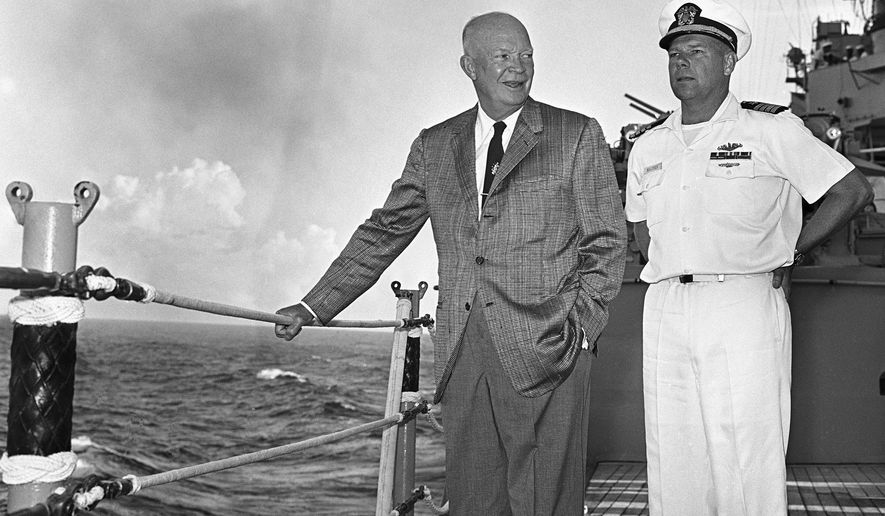The Department of Defense’s planned expurgated history of the Vietnam War to commemorate its 50th anniversary is like Hamlet without the Prince of Denmark.
More by omission than commission, the Pentagon’s war narrative neglects key lessons: The executive chronically concocts or inflates danger from abroad to justify purposeless, objectless wars; the military should balk at unwinnable conflicts; and the first casualties of war are truth and civil liberties.
If these lessons are not learned, we will continue to repeat the obscene folly of the gratuitous Vietnam War deaths ad infinitum. As philosopher George Santyana taught, “Those who cannot remember the past are condemned to repeat it.”
Congress authorized the commemoration in 2008. It adopted a bill that directed the Pentagon to “coordinate, support, and facilitate” federal, state, and local programs associated with the 50th anniversary of the war. In 2012, President Barack Obama issued a proclamation establishing a 13-year program “in recognition of a chapter in our nation’s history which must never be forgotten.”
The Pentagon’s commemoration website characterizes its objective as providing “the American public with historically accurate materials” suitable for school use. It has been up for months, but omissions make it hugely misleading.
Absent is the discredited “domino theory” brandished since President Eisenhower to justify the war, i.e., that if South Vietnam fell to Communism, then nations throughout the region would fall like dominoes into the Communist camp. South Vietnam was conquered by North Vietnam in 1975, but the dominoes did not fall. The Philippines, Thailand, Singapore, Malaysia, among other countries, did not succumb. Laos and Cambodia—ciphers on the world stage—did become communist but with no impact on the United States whatsoever. Communist China invaded Vietnam in 1979, and Russia ended its presence at Cam Ranh Air Base in 2002. At present, we are defending Vietnam in its maritime dispute with China over the South China Sea.
These omitted facts teach the unreliability of the executive branch in assessing national security threats and the urgency of strict congressional oversight.
Another monumental omission is the non-existent second reported North Vietnamese torpedo attack on the USS Maddox in the Gulf of Tonkin in August 1964. The untruth was employed by President Lyndon B. Johnson to convince Congress to pass the Gulf of Tonkin Resolution. It authorized the President to employ whatever military force he believed proper to defend South Vietnam. The lesson of the Resolution is that the Executive Branch is inclined to deceive Congress and the American people to justify war, a gospel confirmed by President George W. Bush’s imaginary weapons of mass destruction in Iraq, and President Obama’s imaginary fear that the Islamic State is an imminent threat to the United States and the entire planet.
After a little intellectual skirmishing, the Pentagon revised an earlier anodyne description of the My Lai massacre to, “American Division Kills Hundreds of Vietnamese citizens at My Lai.” In fact, between 300-500 elderly, women, children, and infants had been murdered by 20 members of “Charlie” Company. Only Second Lt. William Calley was convicted of any crime, and he served but three and one-half years of house arrest at Fort Benning.
The unspeakable carnage at My Lai would have been concealed but for Army photographer Ron Haeberle. With his own camera, he photographed the war crime scene and later shared his grisly pictures with the Cleveland Plain Dealer.
The website characterizes the Pentagon Papers as “a leaked collection of government memos written by government officials that tell the story of U.S. policy even while it is being formed.” Omitted are the facts that the papers unbosomed government deceit, and, that the leak provoked a flawed Espionage Act prosecution against Daniel Ellsburg and Anthony Russo and an unconstitutional attempt to suppress publication by The New York Times and The Washington Post.
History is too important to be left to generals trained to kill, not to philosophize.
For more information on Bruce Fein, visit brucefeinlaw.com.




Please read our comment policy before commenting.